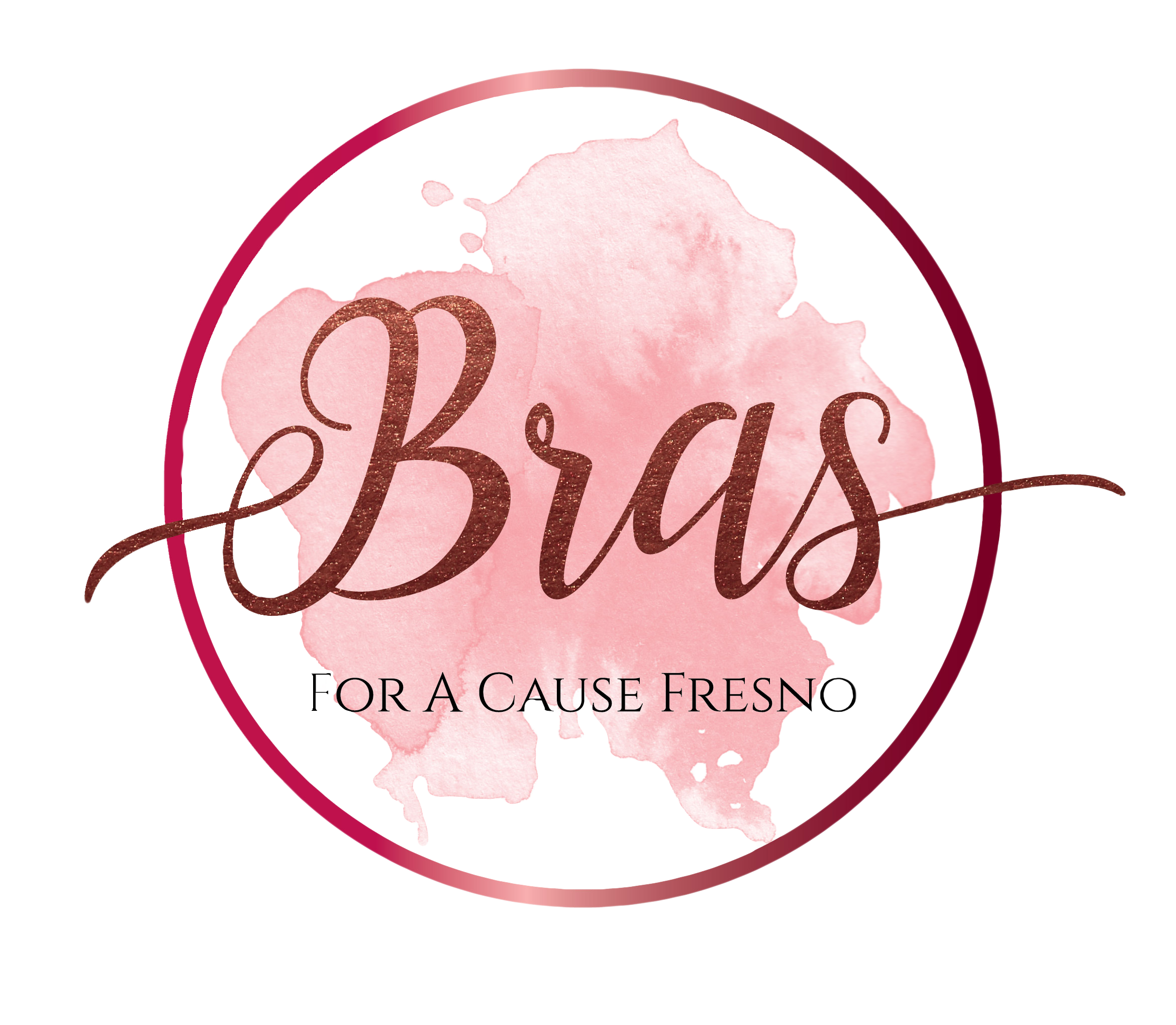Be Knowledgable
Ductal Carcinoma in Situ
Breast cancer in itself is not a disease. It comprises of several types, and sub-types all termed as breast cancers which is why treatment administered on two different patients may not be the same. Over time, breast cancer has appeared to be the most invasive type of cancer among women. Breast cancer appears as a swollen tumor in the cells of the breast. It affects women mostly, but men can also develop the disease (National Cancer Institute, 2013). The complications that accompany the disease almost adversely affect the functioning of all the body parts. There are many types of breast cancers. Most, however, are more dominant than others. We will discuss four types of breast cancers and data records in parts of California.
Ductal carcinoma in situ is the most dominant type of non-invasive breast cancer. The development starts in the milk ducts. The word ‘in situ’ means in the original place or naturally. Non-invasive means it does not spread to the adjacent breast tissues other than the milk ducts (National Breast Cancer Foundation, 2016). Therefore, this type of cancer is not highly life-threatening although it increases the chances of developing invasive kind of breast cancer at a later time in life.
Inflammatory Breast cancer
Inflammatory breast cancer is a rare type. It manifests itself aggressively and is classified as an invasive type of breast cancer. It affects the blood vessels of the breast’s skin. The first symptom of Inflammatory breast cancer is red swollen breast unlike in others where a small lump is observed (Jerry, 2014). It makes Inflammatory breast cancer hard to diagnose. It occurs mostly in younger women, and also found in women who are obese or over-weight. Unlike other types of breast cancers, it grows and spreads faster.
Hormone Receptor-Positive Breast Cancer
Hormone receptor-positive breast cancer is hormonal selective. It requires female hormones such as progesterone and estrogen to develop (Golsham,2012). It is treated using a hormone therapy, an anti-estrogen therapy that acts by decreasing the levels of estrogen in the body or by ensuring the estrogen produced does not get to the breast cells.
Metastatic Breast Cancer
Metastatic breast cancer is an advanced phase commonly at stage four. At such a stage cancer has already colonized many other body parts such as liver, lungs, bones and even the brain. Getting diagnosed with metastatic breast cancer can be catastrophic, and one needs to get the information right to get their lives prolonged a bit (Wilkins, 2014.). Advancement in technology, however, has seen many women diagnosed with metastatic breast cancer live longer.
References
American Joint Committee on Cancer. (2010). In Breast. In AJCC Cancer Staging Manual , 7th ed., (pp. pp. 345-376.). New York: Springer.
Diagnosis and Therapy of Primary and Metastatic Breast Cancer. (2016). AGO Breast Commission Recommendations Retrieved from: http://www.ago-online.de/en/guidelines-mamma/
Lippincott, W. a., Jerry R. (2014). Management Summary for the Care of Patients with Metastatic Breast Cancer. In Diseases of the Breast, 5th edition.
National Cancer Institute .(2012). Breast Cancer Risk in American women. Retrieved from National Cancer Institute: http://www.cancer.gov/cancertopics/factsheet/Detection/probability-breast-cancer
Torre, L. B.-T., Golsham N. (2012). Global Cancer Statistics,. CA Cancer J Clin . 2015; 65: 87–108.

